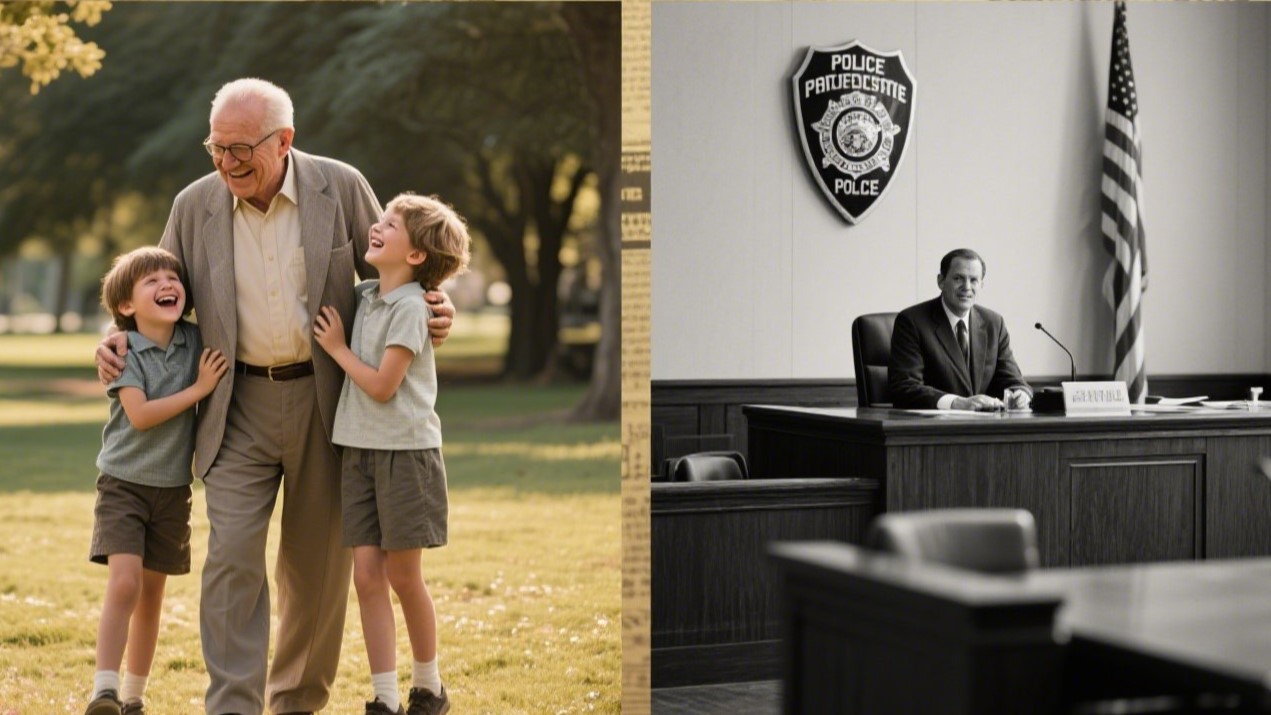Dear Amy,
My father-in-law, now a retired law enforcement officer, has recently been revealed as a central figure in multiple wrongful convictions—many of which have come to light through new DNA evidence. His past actions were influenced by racism and personal bias, leading to innocent people being imprisoned. While he insists he “did the best he could with the evidence available,” his role in these injustices has become a painful, well-kept family secret.
Our children, who are nearly adults, see him as a hero. They admire and deeply respect him. I’m torn: part of me sees no benefit in tarnishing their image of him now, but another part believes that honesty and transparency are essential. Should they know the truth?
— On the Fence
Dear On the Fence,
Yes—eventually, your children deserve to know the truth. But how and when you tell them matters.
This isn’t just a moral dilemma—it’s also a teachable moment. Your children are reaching an age where grappling with ethical complexity and flawed human behavior is part of growing up. Shielding them from difficult truths may protect their image of their grandfather temporarily, but if the truth emerges publicly (and it likely will), the betrayal they may feel from being left in the dark could be deeper and more damaging.
Ideally, your spouse—his child—should lead this conversation, using honesty tempered with empathy. Start by sharing context: explain the historical moment, systemic issues, and how values and standards of justice evolve. Emphasize that people can love others who are deeply flawed—and that loving someone doesn’t mean endorsing their choices.
Frame this conversation as a reflection of your family’s commitment to truth, justice, and growth—not as a condemnation. You’re not just unveiling the past; you’re helping your children develop moral discernment and compassion.








